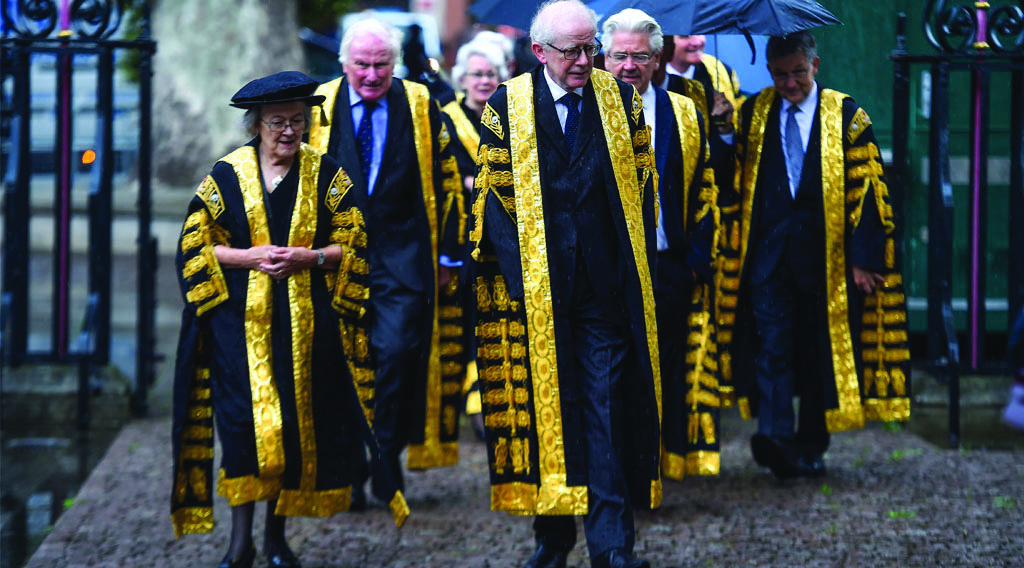
Whatever your view of the controversial decision of the Supreme Court on 24 September 2019 in R (Miller) v The Prime Minister; Cherry and others v Advocate General for Scotland [2019] UKSC 41, it is undoubtedly correct in every minute particular. That is, of course, despite the criticism of many respected constitutional and other lawyers including Professor John Finnis FBA QC (Hon), Professor Emeritus of Law & Legal Philosophy in the University of Oxford). He considered the judgment to have been ‘a misconceived review’, an ‘historic mistake’, ‘wholly unjustified by law’ and one which has caused ‘damage . . .to our constitutional doctrine and settlement’ (see The unconstitutionality of the Supreme Court’s prorogation judgment, Policy Exchange 2019).
But why the decision is completely correct is clear from the title of the determining body. For this is, of course, the Supreme Court, whose judgment on the issue is definitive. And it was a strong decision









